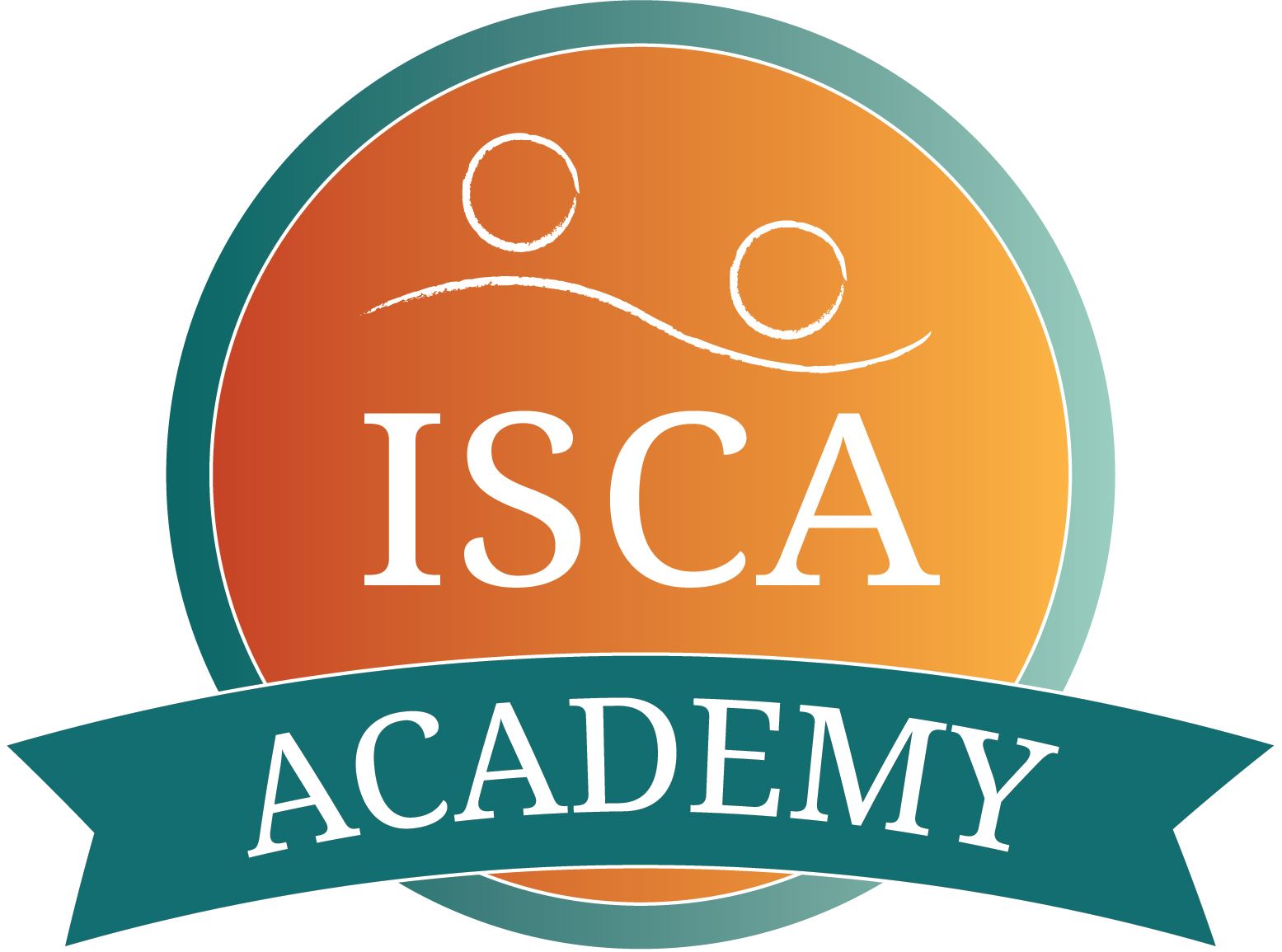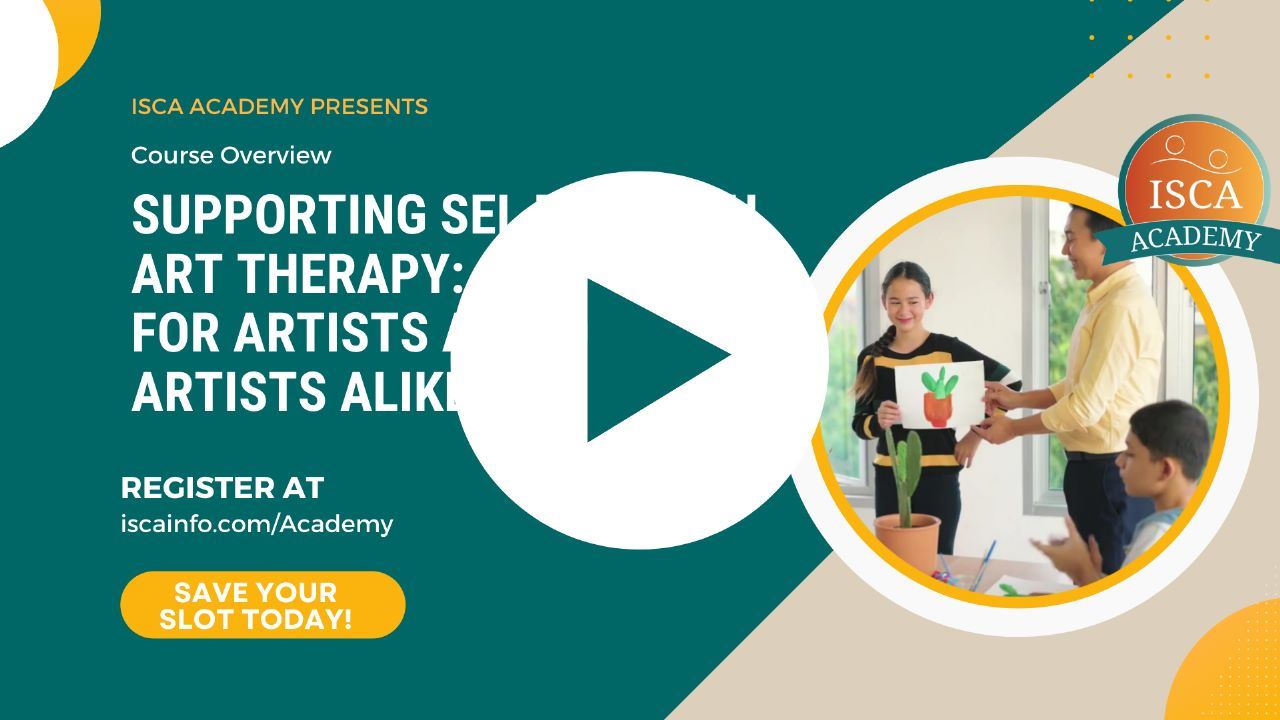- Home
- Supporting SEL Through Art Therapy: Strategies for artists and non-artists alike (ISCA 204-02)
Course Title | Supporting SEL Through Art Therapy: Strategies For Artist and Non-Artists Alike |
Course Number | ISCA 204 |
Course Overview | There are many reasons why our students might not be able to “talk” about their issues. For some, English might not be their first language, while for others, outwardly discussing their worries or concerns might be taboo. As counselors, it is part of our responsibility to help students express themselves in healthy ways, sublimate negative emotions, and develop positive coping skills. For many of our students, art making is already a natural form of communication and expression. Even if we ourselves are not comfortable making art, we can harness the power of creative practice as a tool to help our kids flourish. The major aim of this interactive course is to introduce art therapy techniques to counselors who may not be familiar or comfortable with the creative process, or may be unsure how to utilize it with their students. By learning through doing, participants will be asked to engage in a few art based activities themselves throughout the course of the training. Topics covered will include the neurological and fundamental benefits of artmaking, how to build a safe space for artmaking, questions to facilitate conversations while making art, tips on when to use what materials and directives for which students, and how to use art as an assessment tool to track student development, child protection, and overall mental health. |
Social/Emotional Domain Standard A: Students will demonstrate the dispositions, knowledge, and skills to develop and maintain positive relationships with self and others. Standard B: Students will make decisions, solve problems, set goals, and take necessary action to achieve personal goals. Global Perspective & Identity Development Domain Standard A: Students will demonstrate the dispositions, knowledge, and skills needed in order to be culturally competent global citizens. Standard B: Students will examine the complexity of identity development and the impact identity has on relationships with others. Standard C: Students will advocate for a world where all identities are affirmed and validated Standard D: Students will demonstrate the dispositions, knowledge, and skills to manage transition effectively Academic Domain Standard A: Students will demonstrate the dispositions, knowledge, and skills that contribute to effective learning in school and throughout life |
A. 1. Supporting Student Development School counselors: Provide culturally responsive counseling to students in a brief context and support students and families/guardians in obtaining outside services if students need long-term clinical/mental health counseling. Ethical Standards for School Counselors A. 7. Group Work School counselors: Offer culturally sustaining small-group counseling services based on individual student, school and community needs; student data; a referral process; and/or other relevant data. ASCA Professional Competencies: B-PF 1.Apply developmental, learning, counseling and education theories a. Use human development theories to have an impact on developmental issues affecting student success c. Use established and emerging evidence-based counseling theories and techniques that are effective in a school setting to promote academic, career and social/emotional development, including but not limited to rational emotive behavior therapy, reality therapy, cognitive-behavioral therapy, Adlerian, solution-focused brief counseling, person-centered counseling and family systems d. Use counseling theories and techniques in individual, small-group, classroom and large-group settings to promote academic, career and social/emotional development |
Intended Audience | This course is intended for all counselors working with students from Pre K-12 in the area of social emotional counseling. Special benefit will come for counselors that work with:
|
Essential Questions | How will I be able to use the workshop contents in my own school or organizational setting? |
Knowledge | Skills |
Participants will have knowledge about: | Participants will be able to: |
|
|
About the Facilitator |
Currently Sarah is working as a Primary Counselor and maintains a private practice in Casablanca, Morocco. Sarah believes in the power of creative self-expression to help people explore their emotions, and in teaching students emotional literacy, advocacy, and self-expression. Sarah additionally has training in Cognitive Behavioral Therapy through the Beck Institute, and holds a Masters degree in Art Therapy and Creative Development from Pratt Institute in Brooklyn, New York |
Dates and times of offerings | March 12, 14 and 19, 2024 10:00 AM to 1:00 PM GMT |
Contact hours | 9 hour course |
Time commitment between sessions | N/A |
Required Resource(s) | Art materials: Paper, pencil, markers, crayons or coloured pencils |
References | Benveniste, D. (2005) Recognizing Defenses in the Drawings and Play of Children in Therapy. Psychoanalytic Psychology. Volume 22, Number 3, Summer 2005. Kagin, S, and Lusebrink, V. (1978) The expressive therapies continuum. Art Psychotherapy, 5, 171-180 Lowenfeld, V. (1952). Creative and mental growth: A textbook |



